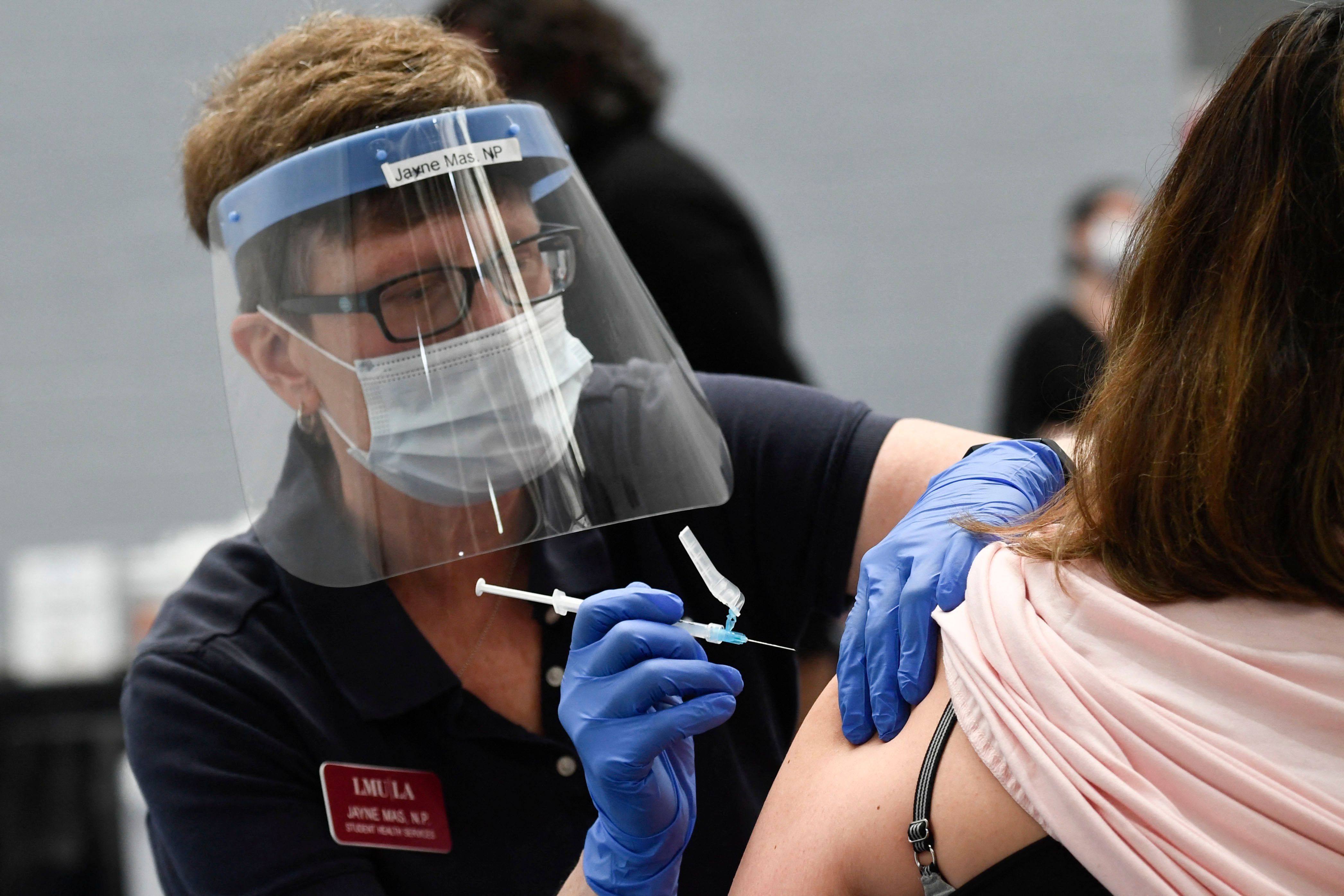
“One tricky part of this really wild speculation is that there are parts of it that are based in true biology and true science,” she said. In a study posted to bioRxiv that has not yet been peer-reviewed, Lu-Culligan and colleagues in Iwasaki’s laboratory found that antisyncytin-1 antibody levels do not increase in the months following COVID-19 vaccination.Īlthough the claim clearly didn’t check out, Lu-Culligan said certain aspects of the narrative-the fact that syncytin-1 is a real human protein, for example-likely made it appear more credible for some. When she and other scientists compared the spike protein to placental syncytin-1, the genetic overlaps were minimal. “But to a virologist, SARS-CoV-2 and an endogenous retrovirus are as different as could be.” “To a lot of people, a virus is a virus,” Lu-Culligan said. Although the SARS-CoV-2 spike protein and syncytin-1 both are surface proteins involved in cell fusion, the latter is derived from endogenous retroviruses, elements in human DNA leftover from ancient viral invasions into the genome. The reference to the protein struck her and others as dubious. “Wide-spread misinformation has unfortunately led many people not to get vaccinated,” Murthy said, “and it has led to alarmingly low rates of vaccination amongst pregnant people, who are actually at greater risk of adverse outcomes with COVID-19 compared with people who are not pregnant.”Īs the syncytin-1 rumor went viral on social media, soon friends on parent blogs, Yale classmates, and family from all stages of life were asking Lu-Culligan if it was true. “Misinformation about COVID-19 vaccines impacting fertility has been one of the most persistent myths during this pandemic,” US Surgeon General Vivek Murthy, MD, MBA, told JAMA in an emailed statement. About a third of pregnant adults in the US remained unvaccinated as of early February 2022, according to the Centers for Disease Control and Prevention (CDC) COVID Data Tracker’s weekly statistics. In October 2021, almost a third of 1519 US adults in a nationally representative survey by KFF, formerly the Kaiser Family Foundation, reported that they heard that COVID-19 vaccines caused infertility and either believed the myth was true or weren’t sure. Tara Kirk Sell, PhD, a senior scholar at the Johns Hopkins Center for Health Security, called this particular brand of misinformation part of “active efforts to try to undermine vaccination efforts by highlighting fears that people may have.” In interviews, Sell and others said the false information has been spread through social media platforms, blog posts, cable news, text message chains, and simply by word of mouth. In addition to the syncytin-1 myth, the vaccines were falsely claimed to cause infertility in 97% of women to increase miscarriage risks and, in males, to negatively affect the testicles, the prostate, and testosterone levels. But different variations on the infertility theme continued to pop up “like Whac-A-Mole,” she said.Ī 2021 report by NewsGuard, an online service that rates the reliability of news and information websites, identified several false claims related to COVID-19 vaccines and fertility and reproduction.

Days later, the American College of Obstetricians and Gynecologists, the American Society for Reproductive Medicine (ASRM), and the Society for Maternal-Fetal Medicine published a joint statement assuring “patients that there is no evidence that the vaccine can lead to loss of fertility.”Īs she was writing her op-ed piece, Lu-Culligan noticed that Google and Facebook were removing misinformation-peddling links from browser searches and pulling down social media posts promoting the syncytin-1 falsehood. The notion also appeared disingenuous, she said: if exposure to the spike protein caused infertility, natural infection with SARS-CoV-2 would too-but no one was claiming that.Īfter conducting analyses to test the claim, she and Iwasaki concluded it was false. Not only were there no data to support the idea, but it was highly implausible, Lu-Culligan explained in a recent interview with JAMA. The rumor spreading on social media claimed that mRNA vaccine-induced antibodies against the SARS-CoV-2 spike protein could attack a placental protein called syncytin-1, causing infertility. In a New York Times opinion piece published in January 2021, the MD-PhD candidate at Yale School of Medicine and her scientific mentor, immunobiologist Akiko Iwasaki, PhD, challenged one false narrative.

Shared Decision Making and Communication.


Scientific Discovery and the Future of Medicine.Health Care Economics, Insurance, Payment.Clinical Implications of Basic Neuroscience.Challenges in Clinical Electrocardiography.


 0 kommentar(er)
0 kommentar(er)
